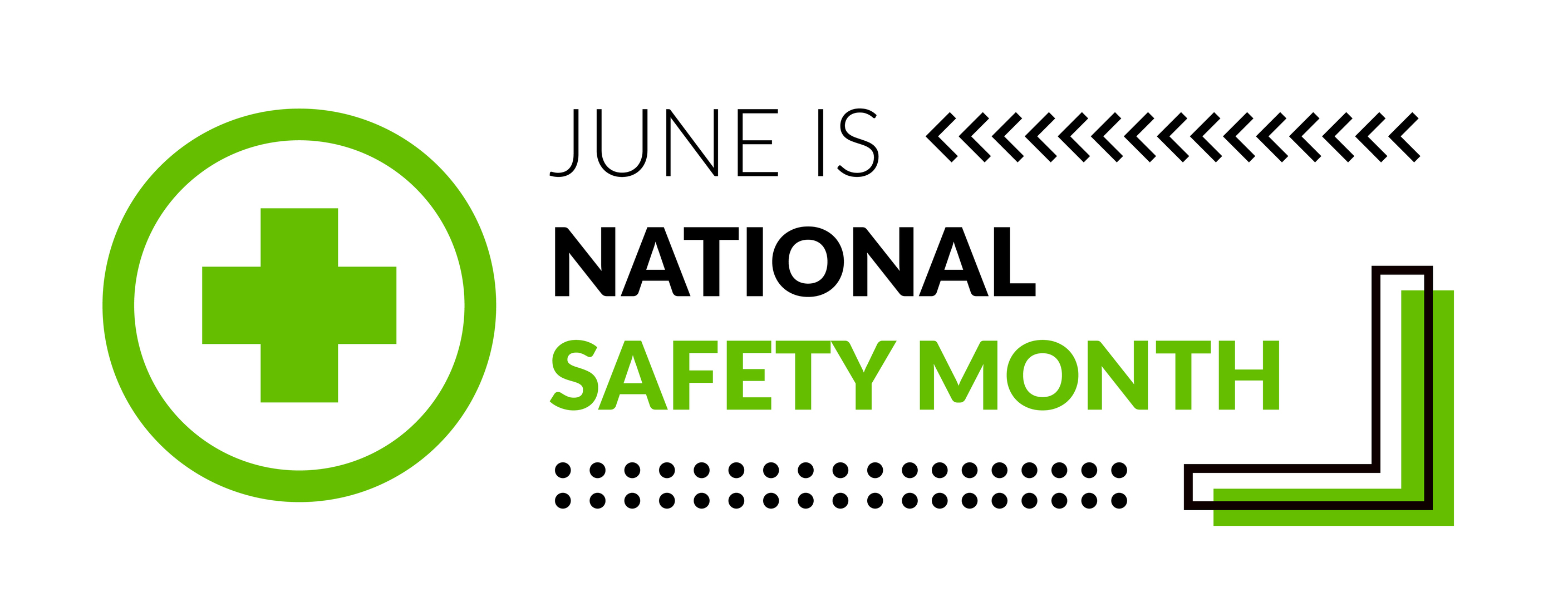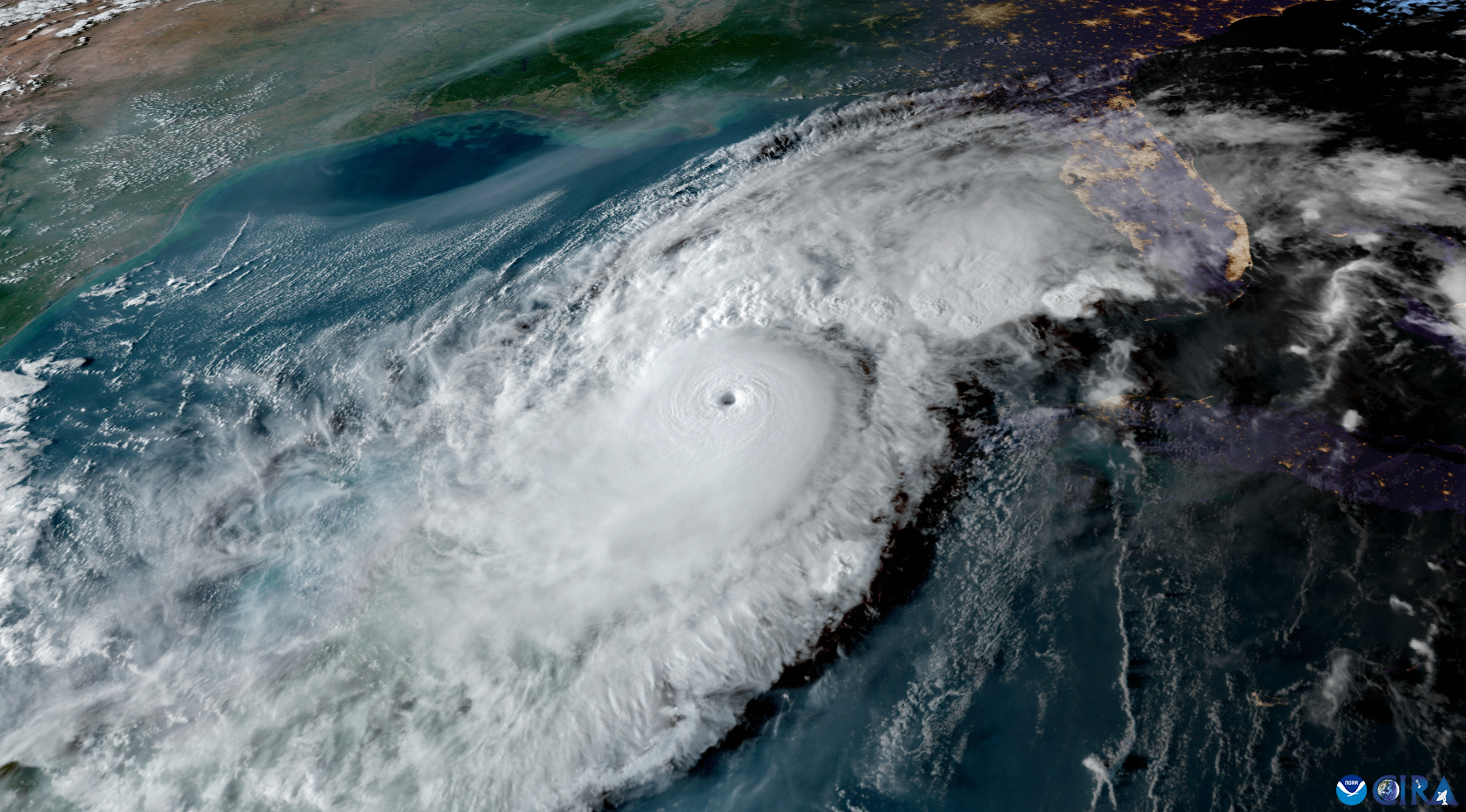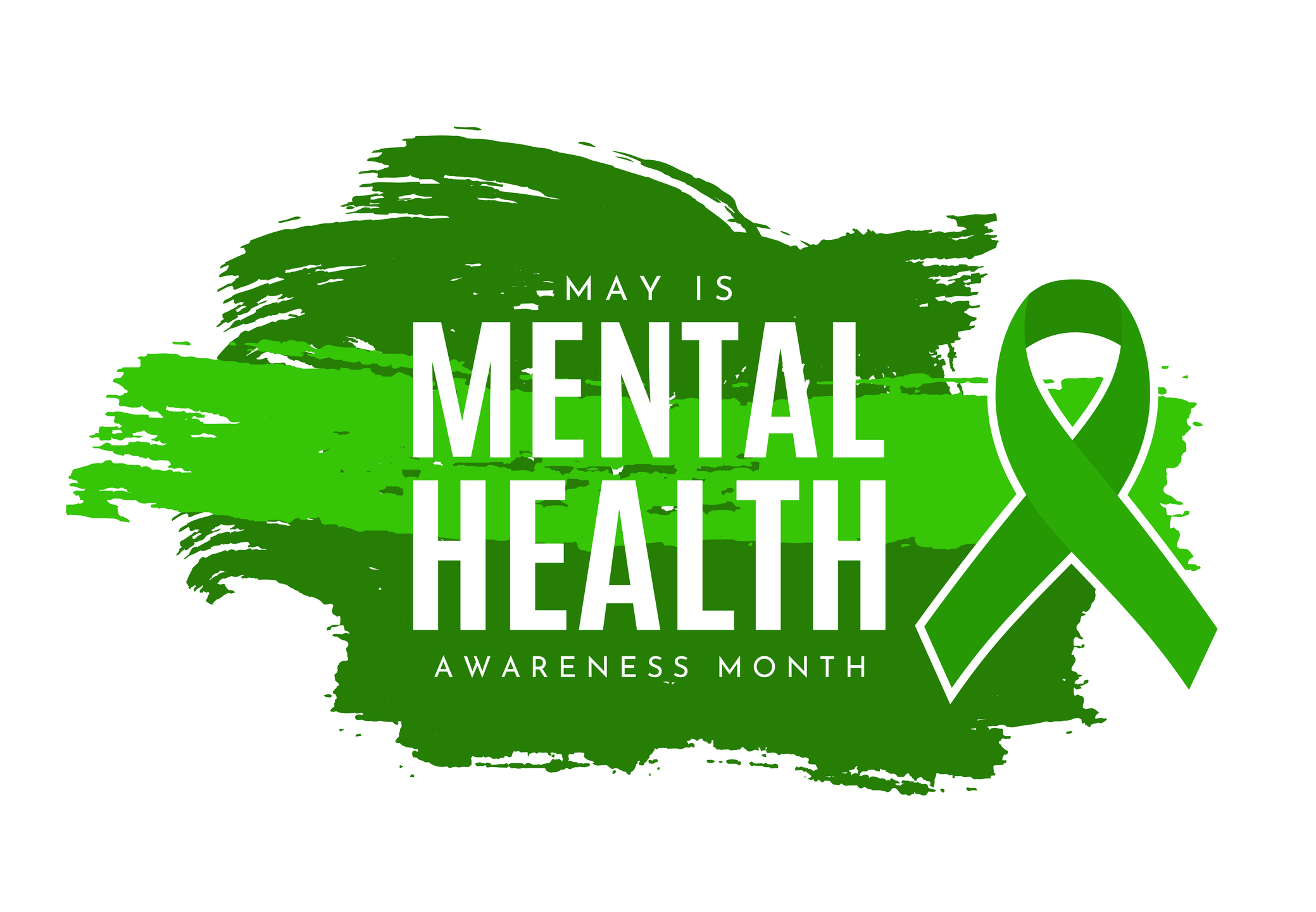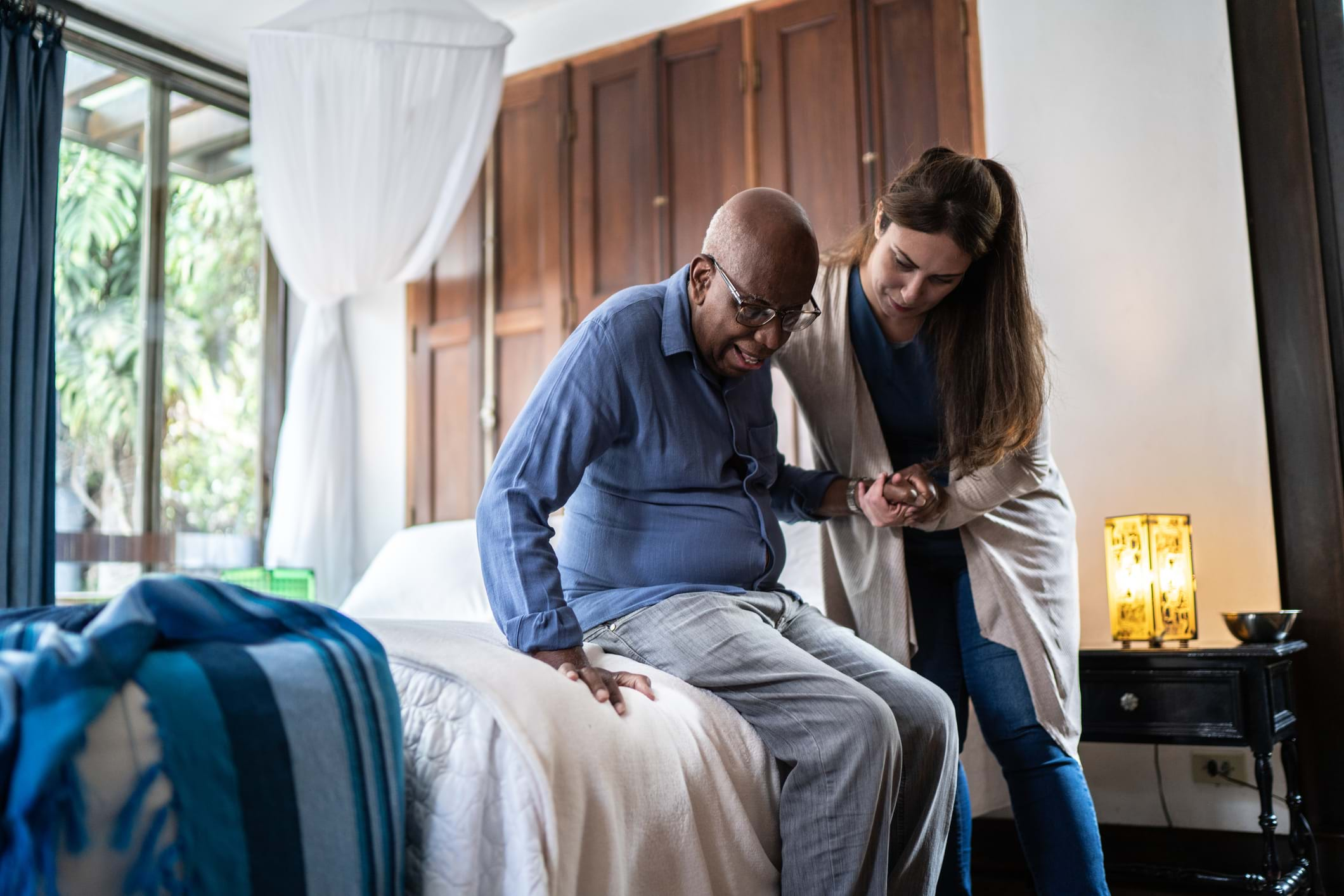Last week, New Jersey Governor, Phil Murphy issued Executive Order 192 to expand health and safety requirements for public and private businesses in all industries* effective at 6:00 am on Thursday, November 5th to better protect New Jersey employees from being exposed to COVID-19. The order recaps new minimum requirements, enforcement mechanisms, and gives authority to the Commissioner of the Department of Labor and Workforce Development (DOLWD) to provide training.
The new health and safety requirements below apply to all employers and employees in New Jersey who are required or permitted to work onsite:
- Conduct Daily Health Checks of Employees – including temperature screenings, visual symptom checks, and/or self-assessment questionnaires consistent with CDC guidance with consideration of confidentiality.
- Exclude Employees who develop symptoms of COVID-19, follow applicable leave laws and CDC guidance for allowing return to work.
- Require Social Distance – 6 feet of separation between employees, customers, and visitors. Utilize physical barriers when 6-foot separation is not feasible.
- Enforce Cloth or Disposable Face Masks for Employees – required for all unless eating, drinking, or sitting at their own workstation 6 feet or more from other employees. Employers may deny entry to those who will not wear such mask. Employers may require medical documentation when employee requests accommodation to not to wear such mask.
- Enforce Cloth or Disposable Face Masks for Visitors or Customers – deny entry to visitors or customers (over 2 years old) who decline to wear a face mask unless a violation of the Americans with Disabilities Act and/or the New Jersey Law Against Discrimination (supportive medical documentation cannot be requested of visitors or customers).
- Provide Such Face Masks for employees at no cost to the employee, although employees can opt to wear their own.
- Provide Hand Sanitizers with at least 60% alcohol or Sanitizing Wipes approved by the EPA for Employees, Customers, and Visitors at no cost.
- Ensure Employees Practice Hand Hygiene and provide regular break times to hand wash.
- Routinely Clean and Disinfect all High-Touch Areas such as restrooms, handrails, doorknobs, etc. by CDC guidelines.
- Promptly Notify Employees of any known COVID-19 Exposure while maintaining confidentiality.
- Perform Deep Cleaning per CDC guidelines when an employee was diagnosed with COVID-19.
For the construction industry, the requirements of Executive Order 192 supplement the rules already established by Executive Order 142 rather than replace them. However, EO 192 must be followed for the two below rules:
- Executive Order 142 limited worksite meetings to 10 people or less. Executive Order 192 rescinds this requirement.
- Executive Order 192 confirms that employers may require supportive medical documentation for employees who are requesting accommodation to not wear a mask. Executive Order 142 did not allow employers to require documentation.
Finally, pursuant to Executive Order 192, the Commissioner of the NJDOL in consult with the Commissioner of the NJDOH will establish a mechanism to receive, consider and address complaints of non-compliance, which may permit employers to correct deficiencies. Training material for NJ Employers and employees regarding these protocols is forthcoming. Penalties for non-compliance may include fines of up to $1,000, potential closure of worksite and up to six months in prison.
*Limited exclusion for first responders, healthcare personnel, and law enforcement where compliance would prevent ability to perform duties. Protocols do not apply to the United States government or religious institutions if compliance prohibits exercise of religion.

Philadelphia, PA, 19102





EB.jpg)


